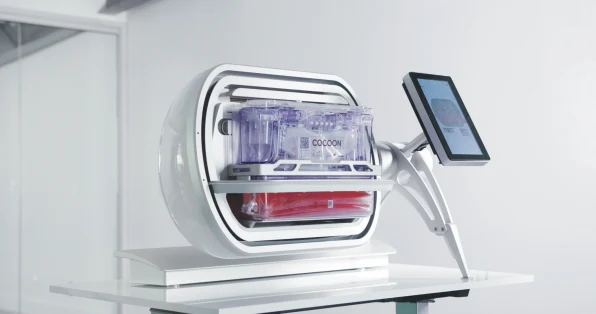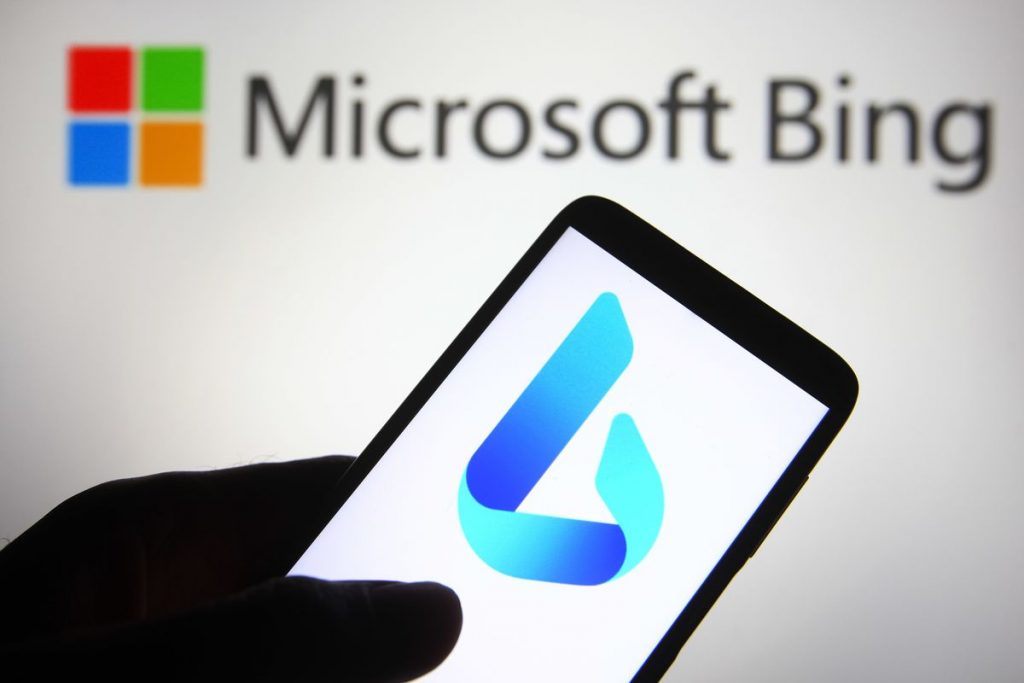Will new AI technologies consign Google and Amazon to oblivion, joining laser discs, fax machines, and overhead projectors in the history books?
Bill Gates, the co-founder of Microsoft, made this forecast on Monday at a tech conference in San Francisco centered on artificial intelligence challenges and hosted by Wall Street powerhouse Goldman Sachs and Silicon Valley startup incubator SV Angel.


Gates predicts that mundane activities like internet research, online shopping, and using online productivity tools will soon be handled by a personal assistant powered by artificial intelligence. This is because many of the internet’s present staple uses will become obsolete when new digital assistants are tailored to meet the specific requirements of individual users.
According to CNBC, Gates has declared that whoever wins the personal agent will be the winner because “you will never go to a search site again, never go to a productivity site again, and never go to Amazon again.”
According to CNBC, he also predicted that humanoid robots driven by artificial intelligence would eventually become cheaper than human laborers and start replacing blue-collar employees.
Since he is still the largest individual investor in Microsoft, the company he co-founded in 1975 and which has invested billions in one of the most talked about generative AI developers, OpenAI, Gates has a lot at stake in the AI game.
Read More: Ex-OpenAI executives raise $450 M for Google-backed Anthropic
When it comes to artificial intelligence, what exactly is generative AI?
AI chatbot Pi, a platform in development by AI firm Inflection that Gate mentioned in his address on Monday, provided the following description.
When asked by Deseret News, “What is generative AI?,” Pi came up with the answer, “Generative AI is a type of AI that can generate new, original content, such as text, images, or video.” “It accomplishes this by studying massive amounts of data and then applying that understanding to the formulation of brand-new works. GPT-3, DALL-E, and Midjourney are all examples of generative AI.
(In a separate but related exchange, the clever Pi declined to participate in the “What animal would you be?” game and accused this reporter of playing along by choosing the turducken as his animal persona.)
While Gates has publicly stated his admiration for Inflection’s AI efforts, Microsoft just announced its third investment in OpenAI, the firm responsible for the immensely popular ChatGPT chatbot and the generative image-maker DALL-E.
Even while Gates thinks there’s a 50/50 possibility that a company will be the first to accomplish the major AI personal assistant breakthrough, he’s still hoping Microsoft will be the first to do it.
“I’d be disappointed if Microsoft didn’t come in there,” Gates was quoted as saying by CNBC.
Microsoft has already integrated this technology into its Bing search engine, email platform, and productivity suite (including Word and Excel), thanks in large part to the reportedly now-around $13 billion it has invested in OpenAI, giving it the exclusive right to independently commercialize ongoing AI advancements.
More startups and big IT businesses are competing to meet Gates’s AI benchmark.
A growing number of startups and big tech businesses are competing to be the first to meet that AI benchmark and beyond, despite Gates’s prediction that the arrival of a sophisticated AI personal assistant is still some time off.
New initiatives in the United States, Europe, and elsewhere aim to set certain rules and regulations regarding artificial intelligence (AI) before it’s too late out of concern for what lies beyond AI’s current capabilities and how future breakthroughs can affect the collective fate of the systems’ human progenitors.
Sen. Richard Blumenthal (D-CT), who chairs the U.S. Senate Judiciary Subcommittee on Privacy, Technology, and the Law, said last week that lawmakers failed to effectively regulate social media when it mattered and could not afford to make the same mistake now as artificial intelligence advancements raise myriad concerns. Among the panel of witnesses was OpenAI co-founder and CEO Sam Altman.
Now, “Congress has a choice,” Blumenthal added. When faced with social media, we were presented with the same opportunity, but we passed it up. As a result, there are predators online who exploit children and harmful materials which pose risks to them.
Since “Congress failed to meet the moment on social media,” we now “have the obligation to do it on AI before the threats and the risks become real.”
FAQs
AI could destroy Amazon in a number of ways. For example, It could be used to develop new technologies that could make Amazon’s products and services obsolete. AI could also be used to automate many of the jobs that are currently done by human employees at Amazon, which could lead to job losses and a decline in revenue.
AI could kill future humanoids in several ways. It could create lethal autonomous weaponry. It could generate clever machines that outperform humans for employment and resources. This might make humans a minority on Earth. These are just some ways it might kill Amazon, Google, and future humans. AI’s effects on these and other groups are unknown. However, artificial intelligence has the power to disrupt.




